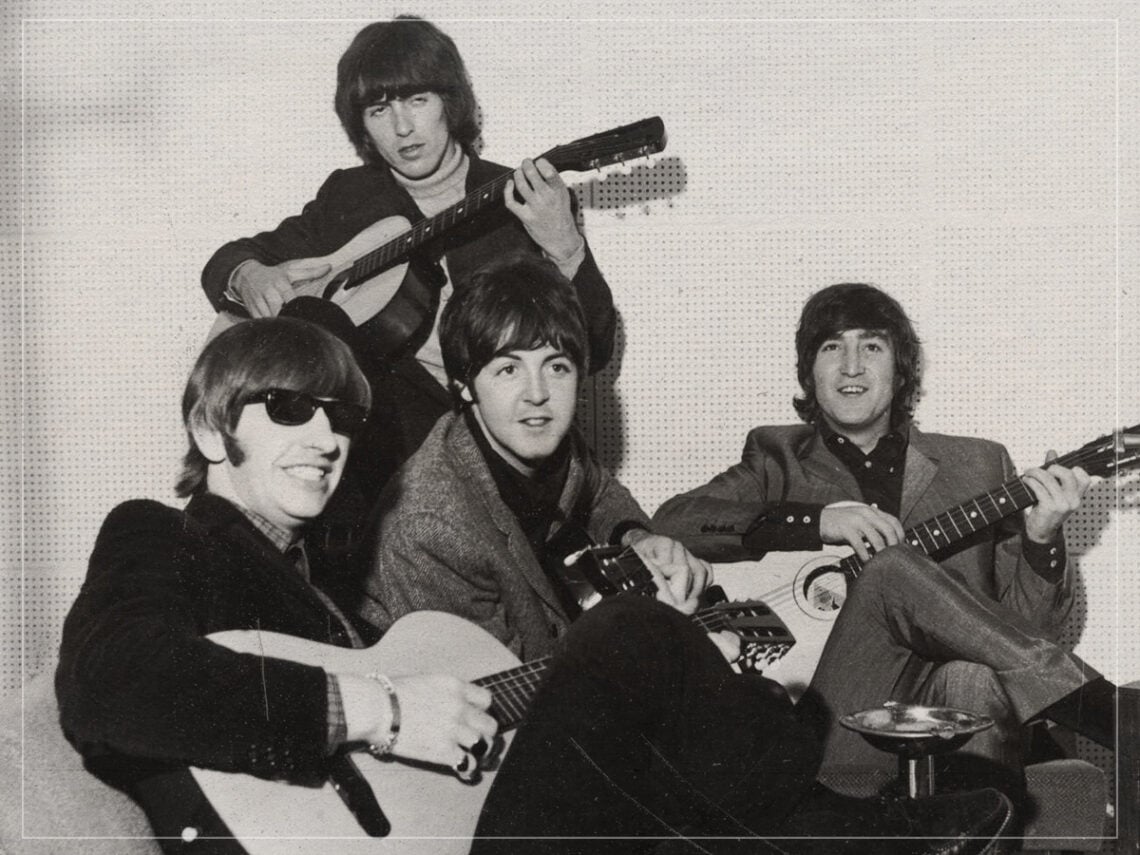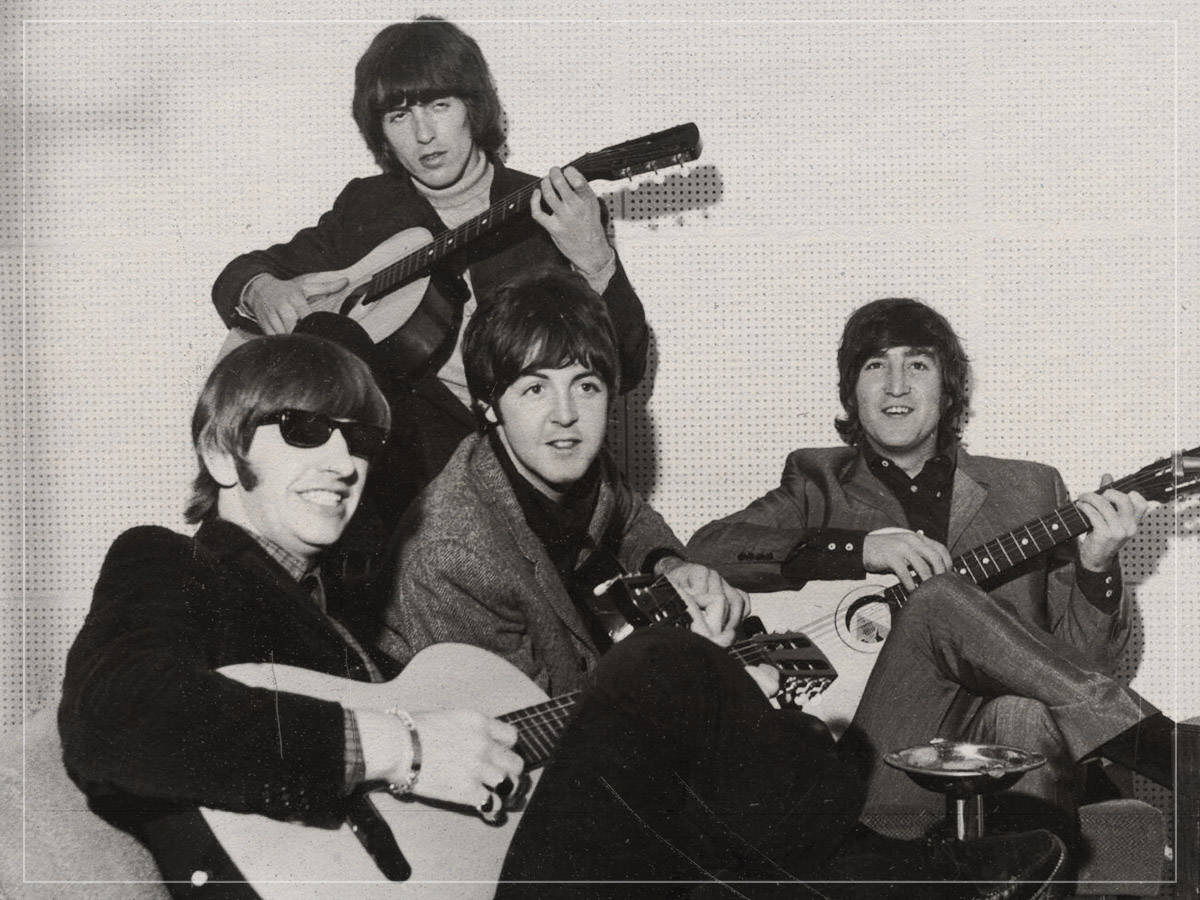
(Credits: Far Out / Alamy)
Mon 1 September 2025 20:30, UK
1964. Martin Luther King Jr received the Nobel Peace Prize. Nelson Mandela was imprisoned for life. Top of the Pops first aired on the BBC. Mods and rockers started fighting against each other on the streets of Britain. What else? Oh yes… The Beatles took over the whole entire world.
1964 was an excellent year for music, but almost all else became overshadowed by a little-known phenomenon called Beatlemania.
There are other, just as excellent releases that defined the entire year (and decade, mind). But it’s hard to linger on most of them at the first mention of the Fab Four. Yes, Bob Dylan, The Rolling Stones, The Kinks and countless other legendary names were around at the same time, disrupting the industry in the same year. But what those four culture-cinching lads from Liverpool did was reshape the fandom craze into what we recognise today.
And in 1964, things were heating up quicker than they could even blink. Not only was this the year they performed their famed set on The Ed Sullivan Show – a reference that’s become some sort of rite of passage for current musicians – they also monopolised the charts, bearing the torch that led the British invasion with an unrelenting fervour that saw them racing ahead away from the rest.
That said, discussing the band’s success in 1964, or any point for that matter, almost feels redundant. Like simply saying The Beatles were a good band. Fork found in the kitchen, as they say. Because what’s also interesting is that, beyond even the other obvious names – The Stones, Dylan, and so on – there were many others setting off fires in their respective corners, unknowingly changing the game with their own (slightly smaller) slice of revolution.
Who was sixth when The Beatles smashed the charts in 1964?
Terry Stafford, for one, came in at sixth in the Billboard Hot 100 in April 1964 with ‘Suspicion’ when The Beatles were taking over the top five spots with ‘Can’t Buy Me Love’, ‘Twist and Shout’, ‘She Loves You’, ‘I Want to Hold Your Hand’ and ‘Please Please Me’. ‘Suspicion’ might have fallen victim to the harsh cloud of the Liverpudlian band’s reign, but the song itself was a re-imagination of an earlier recording by Elvis Presley, which failed to become a hit.
Better yet, though, Stafford’s tune rocked the boat in the following week, breaking The Beatles’ streak by cutting into their number three position, showing that, while love for the band skyrocketed and remained that way, people were still open to other people’s stuff. It’s actually something we rarely talk about now, probably because it’s not really relevant anymore. But Stafford actually did the unthinkable at the time, no matter how brief his success, not only with his chart position but as an American singer at the height of the Brits’ charge.
Obviously, the invasion wasn’t just about British artists but about overseas sensibilities mingling with one another, but suppose it can be said that, even at a time when things felt set in stone, people were already expecting the unexpected. During a time when the wrath of The Beatles was such a sure thing, even the strangest of gems could come along and stake their claim in the midst of it all.
Related Topics
The Far Out Beatles Newsletter
All the latest stories about The Beatles from the independent voice of culture.
Straight to your inbox.

